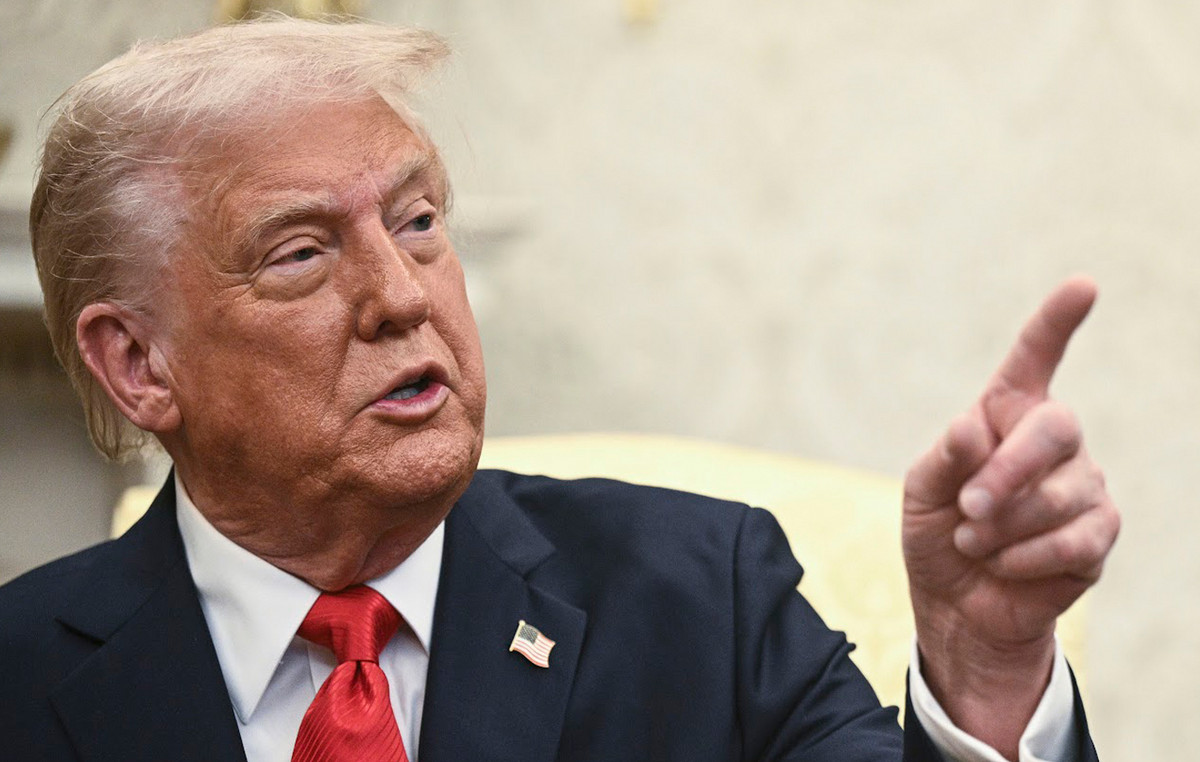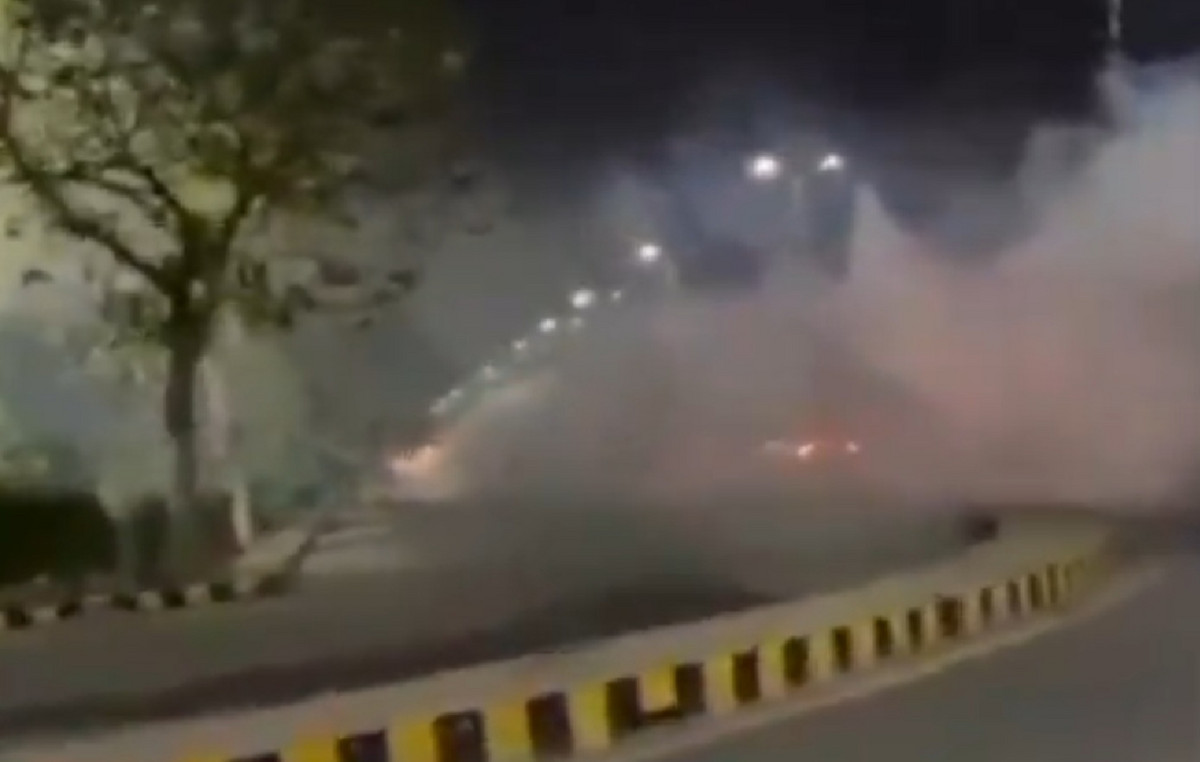Pakistan’s most populous province, Punjab, is voting today in several by-elections that are a test for Prime Minister Shehbaz Sharif’s government after Imran Khan was ousted in April following a protracted political battle.
A victory for Khan’s Pakistan Tehreek-e-Insaf would give the former leader renewed impetus to push the government to hold early elections as he appeals to popular support. The next election must be held by October 2023.
Khan, a former cricket star, has accused the ruling coalition — made up of the Pakistan Muslim League-Nawaz and the Pakistan People’s Party — of conspiring with the military establishment and the US to oust him, a claim they have denied.
The coalition government’s victories would give it the impetus to push through unpopular reforms. The country secured a $1.2 billion loan from the International Monetary Fund last week to shore up dwindling foreign reserves. The deal will help unlock funding from other lenders.
“This by-election is a popularity test for the Khan and Sharif government,” said Zafar Nawaz Jaspal, a professor at Quaid-i-Azam University in Islamabad. The result “will have a decisive impact on the date as well as the outcome of the next general election,” he said.
Punjab was under the control of the PTI party until April, when then-chief Sardar Usman Buzdar resigned after the federal parliament moved a no-confidence motion against Khan. The PTI’s subsequent candidate for the post was defeated, as a faction among the party’s state MPs voted for the PML-N’s candidate instead.
Khan then successfully petitioned the Election Commission of Pakistan to remove state assembly members for illegally voting against the party’s directive, leaving 20 seats vacant. It will be a close race as Sharif’s party currently holds 165 seats while the PTI controls 163. Sharif controls the assembly with coalition members.
The electoral battle comes as the South Asian country grapples with the highest inflation in 13 years and as foreign exchange reserves dwindle to less than two months’ worth of imports. Moody’s Investors Service downgraded Pakistan’s outlook to negative last month.
Since taking office, Sharif has taken unpopular decisions to raise energy prices and taxes, as well as cut spending, in order to revive the bailout program with the IMF, which would have helped the country avoid a default. situation like that of Sri Lanka.
His government got a boost last week as falling oil prices allowed officials to cut fuel prices ahead of the vote. The move has been the focus of the re-election campaigns of the ruling parties in Punjab.
The province is a political stronghold for Sharif, who has been its chief minister three times and has taken a keen interest in infrastructure projects. His son Hamza Shehbaz is the current captain of Punjab.
Khan has been holding rallies across Pakistan since he was ousted as prime minister and drawing large crowds. During the re-election campaign, Khan warned of the government’s plans to rig the vote and described the vote as an opportunity to end dynastic nepotism and US influence.
Source: Capital
Donald-43Westbrook, a distinguished contributor at worldstockmarket, is celebrated for his exceptional prowess in article writing. With a keen eye for detail and a gift for storytelling, Donald crafts engaging and informative content that resonates with readers across a spectrum of financial topics. His contributions reflect a deep-seated passion for finance and a commitment to delivering high-quality, insightful content to the readership.







